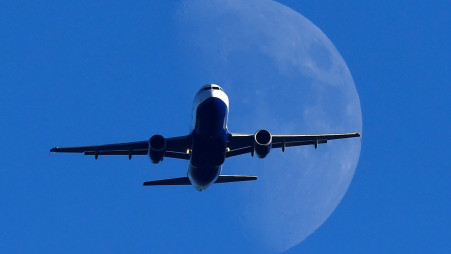
Funds blocked from repatriation by airlines in Bangladesh have significantly decreased by $124 million over the last six months, according to the International Air Transport Association (IATA).
The amount of blocked funds has dropped to $196 million from $320 million in April, said a press release issued by IATA on Monday (9 December).
Bangladesh still remains among the top three countries blocking the majority of airline funds globally, according to the trade association representing the world’s airlines.
IATA stated that the central bank must continue prioritising airlines’ access to foreign exchange in line with international treaty obligations.
“Over the last six months, we have seen significant reductions in blocked funds in Pakistan, Bangladesh, Algeria, and Ethiopia,” said Willie Walsh, IATA’s director general.
He said governments must remove all barriers for airlines to repatriate their revenues from ticket sales and other activities in accordance with international agreements and treaty obligations.
“No country wants to lose aviation connectivity, which drives economic prosperity. But if airlines cannot repatriate their revenues, they cannot be expected to provide a service,” said Willie Walsh.
“Economies will suffer if connectivity collapses. So, it is in everyone’s interest, including governments, to ensure that airlines can repatriate their funds smoothly.”
The IATA reported that $1.7 billion in airline funds are blocked from repatriation by governments as of the end of October 2024.
This is a small improvement compared to the $1.8 billion reported at the end of April.
Nine countries account for 83% of the airline industry’s blocked funds, amounting to $1.43 billion.
After the Russia-Ukraine conflict began in February 2022, Bangladesh experienced a significant decrease in its foreign exchange reserves. The reserves dropped from over $40 billion to below $20 billion due to soaring commodity prices, encompassing food, energy, and fertilizer.
Moreover, the Bangladeshi taka depreciated by approximately 40%, sliding from Tk86 per dollar to Tk117 in the aftermath of the war. The delays in funds repatriation in Bangladesh are mainly due to a shortage of US dollars.
tbs

